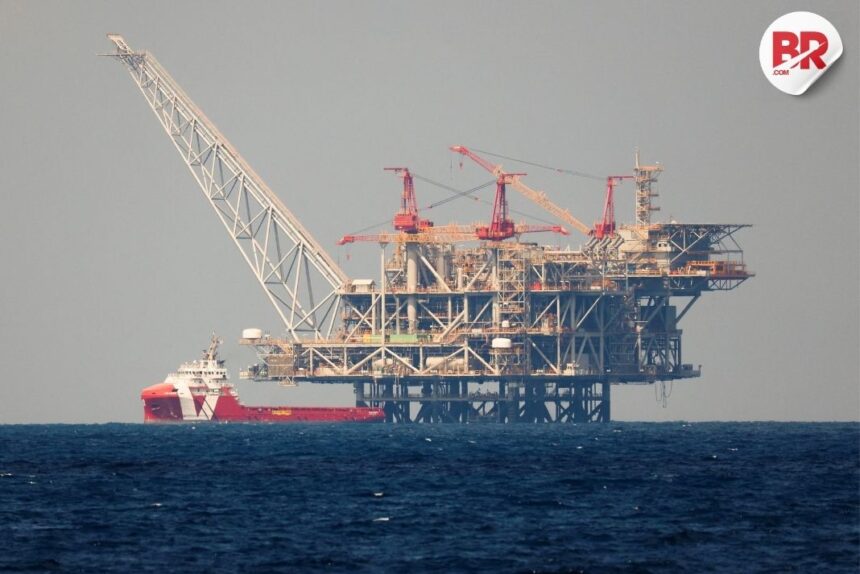
The Mideast war has revealed a big weakness in Egypt’s energy system. For 12 days, Israel stopped sending gas to Egypt after its conflict with Iran began. This sudden stop came just as Egypt was getting ready for the summer power demand peak. It showed how much Egypt now depends on others for its energy.
Back in the 2000s, Egypt, Israel, and Cyprus found large gas fields in the Eastern Mediterranean. These discoveries changed the game. Egypt’s own Zohr field, found in 2015, was one of the biggest in the region. It started producing by 2017, and for a few years, Egypt was even exporting liquefied natural gas (LNG) around the world. By 2022, it sent out 7 million tons of LNG, nearly 2% of global supply.

But the good times didn’t last.
Since 2021, Egypt’s gas production has dropped fast. The Zohr field is no longer as strong as before. By April 2025, Egypt’s output was just 3.5 billion cubic feet per day (bcf/d), down from over 6 bcf/d in early 2021. Experts now say Egypt will only manage about 4.4 to 4.6 bcf/d this year. And with not much new gas being found, things look tough ahead.
On top of that, Egypt’s population has jumped—from 100 million in 2015 to 115 million in 2023. That means more homes, more air-conditioners, and more gas needed. So in 2020, Egypt started importing gas from Israel, whose own production had risen sharply. By early 2025, Egypt was importing over 0.9 bcf/d from Israel—around 17% of its gas use.
But the Mideast war between Israel and Iran stopped that flow. On June 13, Israel shut two of its gas fields—Leviathan and Karish—after launching airstrikes on Iran.
Gas exports to Egypt were cut off. Egypt’s power system struggled. Fertilizer factories shut down. Power plants switched to dirty fuels like diesel and fuel oil. And Egypt had to buy expensive LNG from the global market again.
Luckily, on June 25, Israel resumed gas exports. But the warning was clear—Egypt is too dependent on others. Its own gas fields are shrinking. Exploration by big energy companies like BP and Shell is still going, but no big new finds yet.
Looking ahead, Israel may boost exports when Leviathan expands in 2026. But pipeline delays could slow that too. Meanwhile, Egypt is losing money from the Suez Canal as ships avoid the Red Sea due to Houthi rebel attacks.
The dream of the Mideast becoming a big LNG hub? For now, it looks far away.
Also Read Iran Expands Fordow Site After US Bombing: Satellite Images Show Hidden Activity












